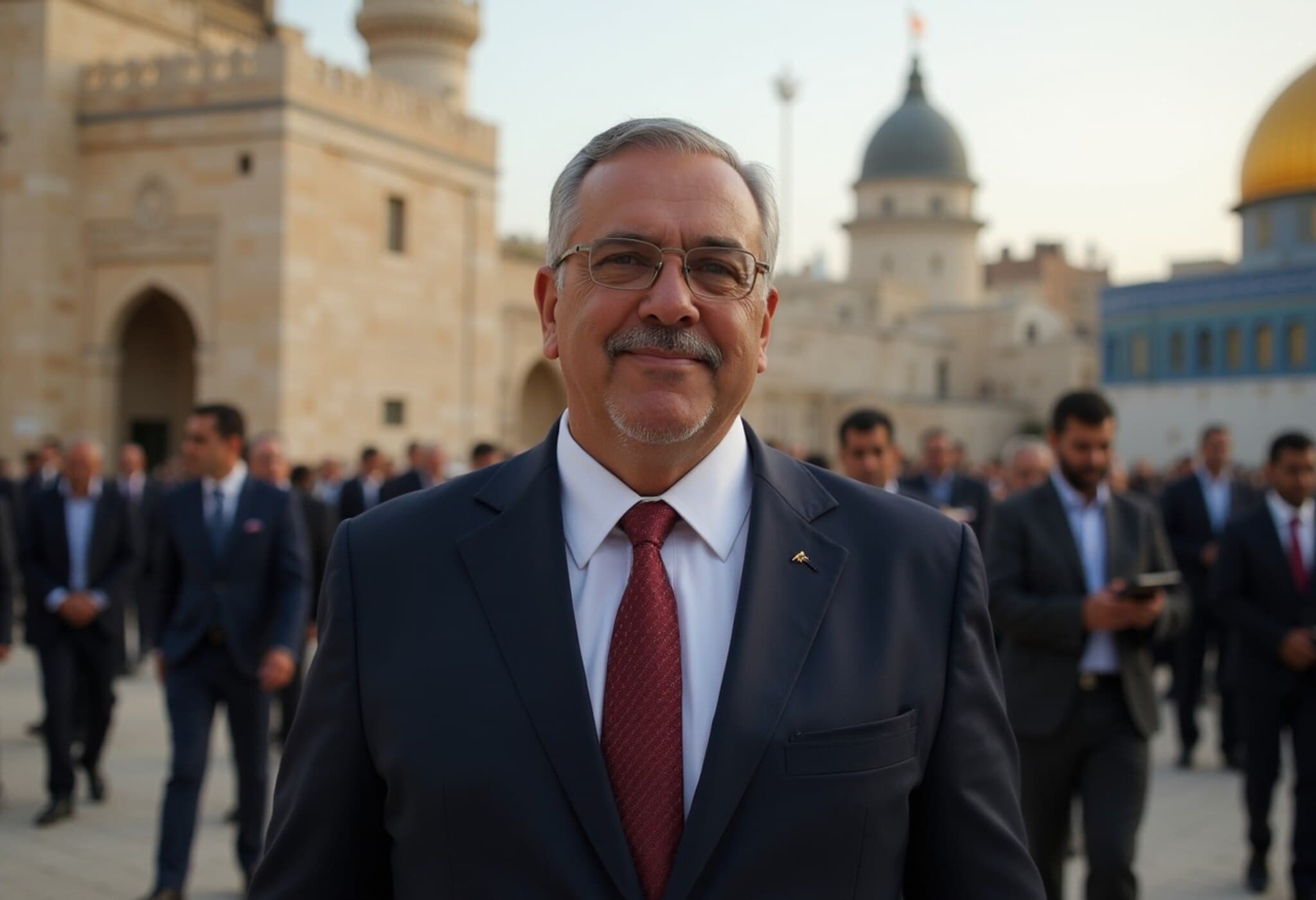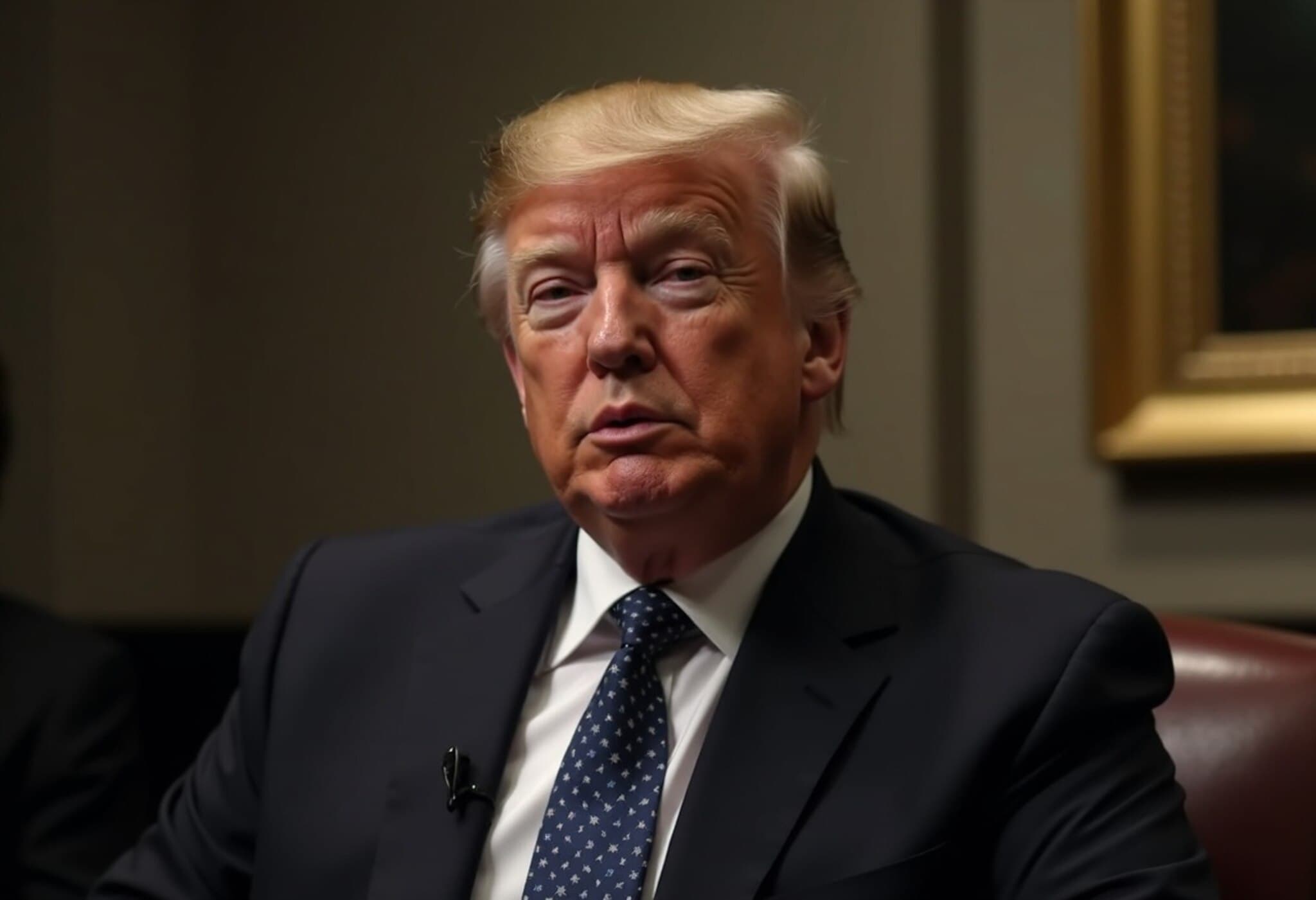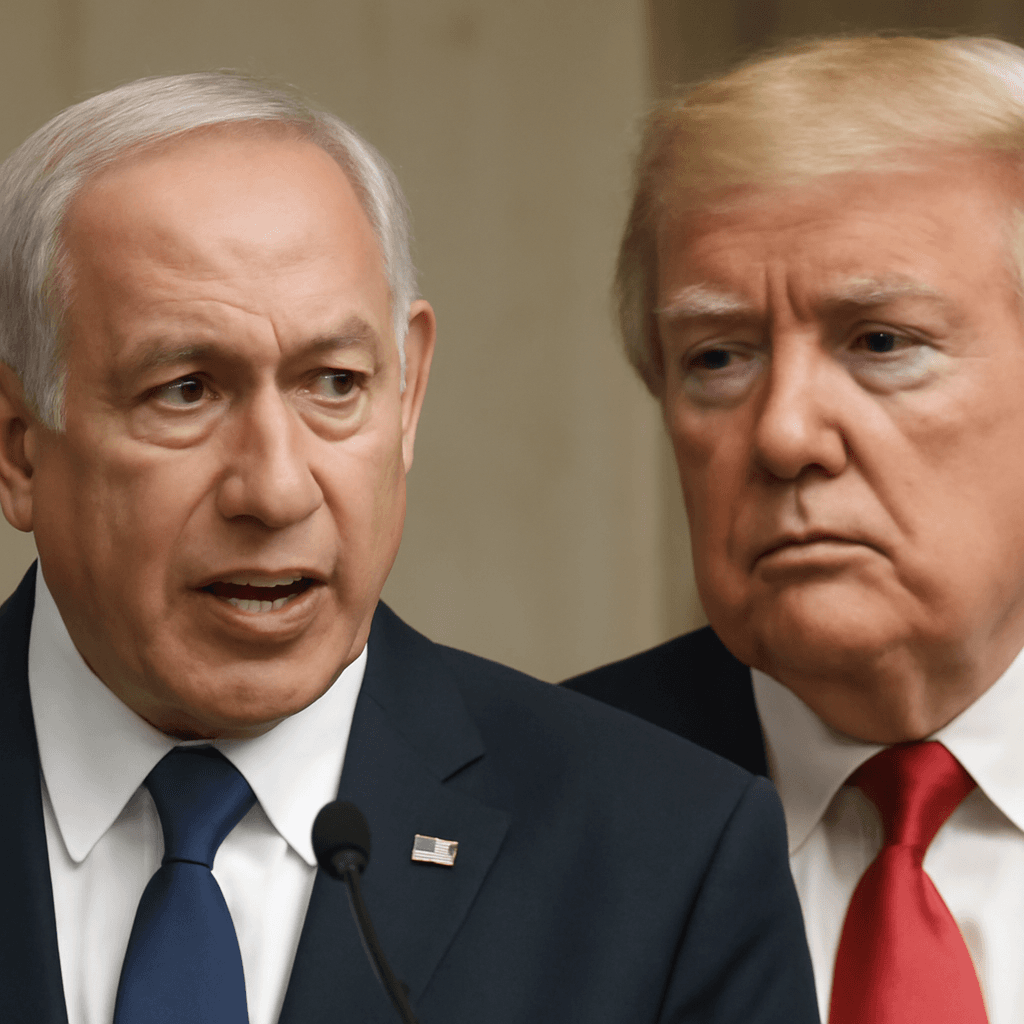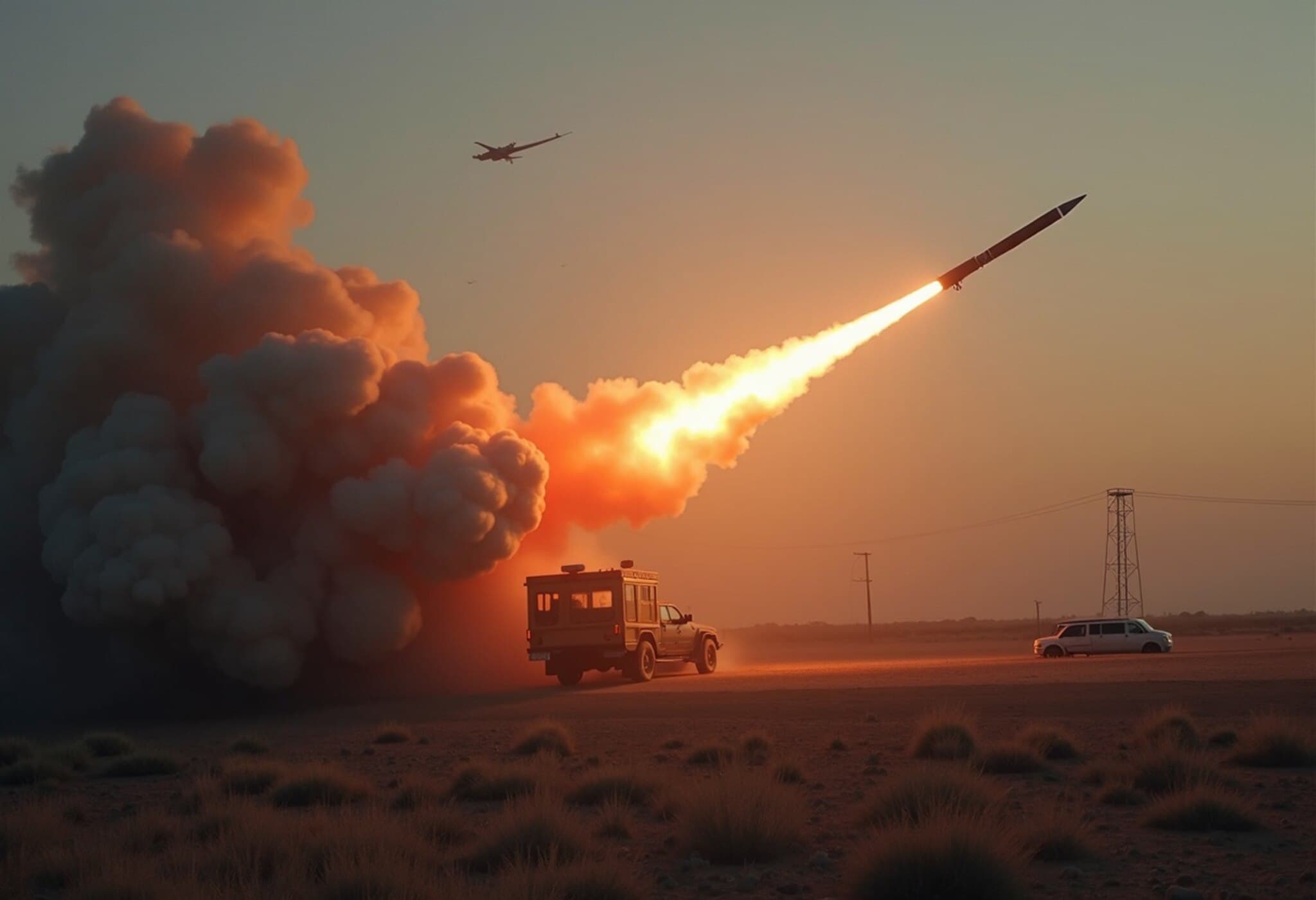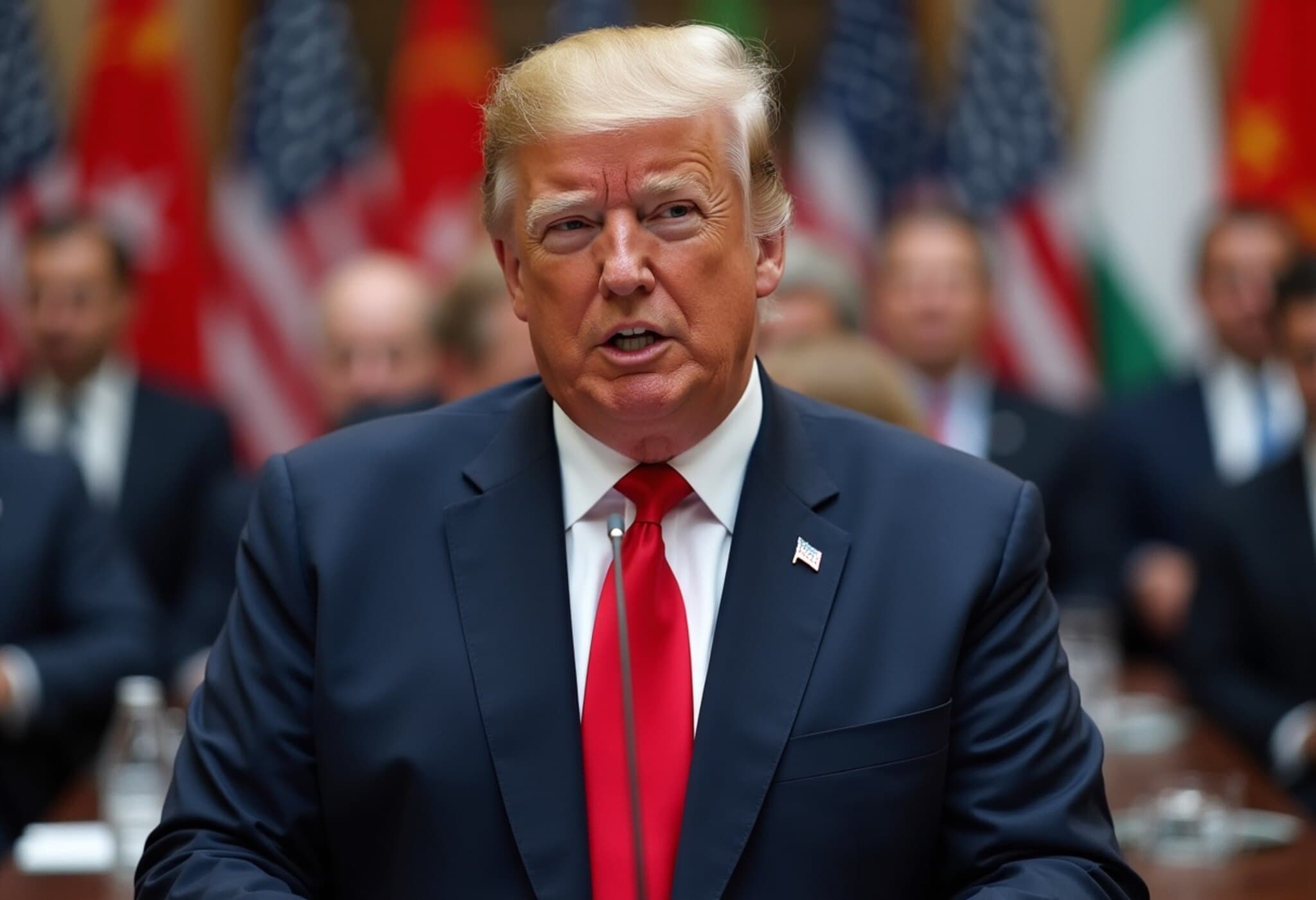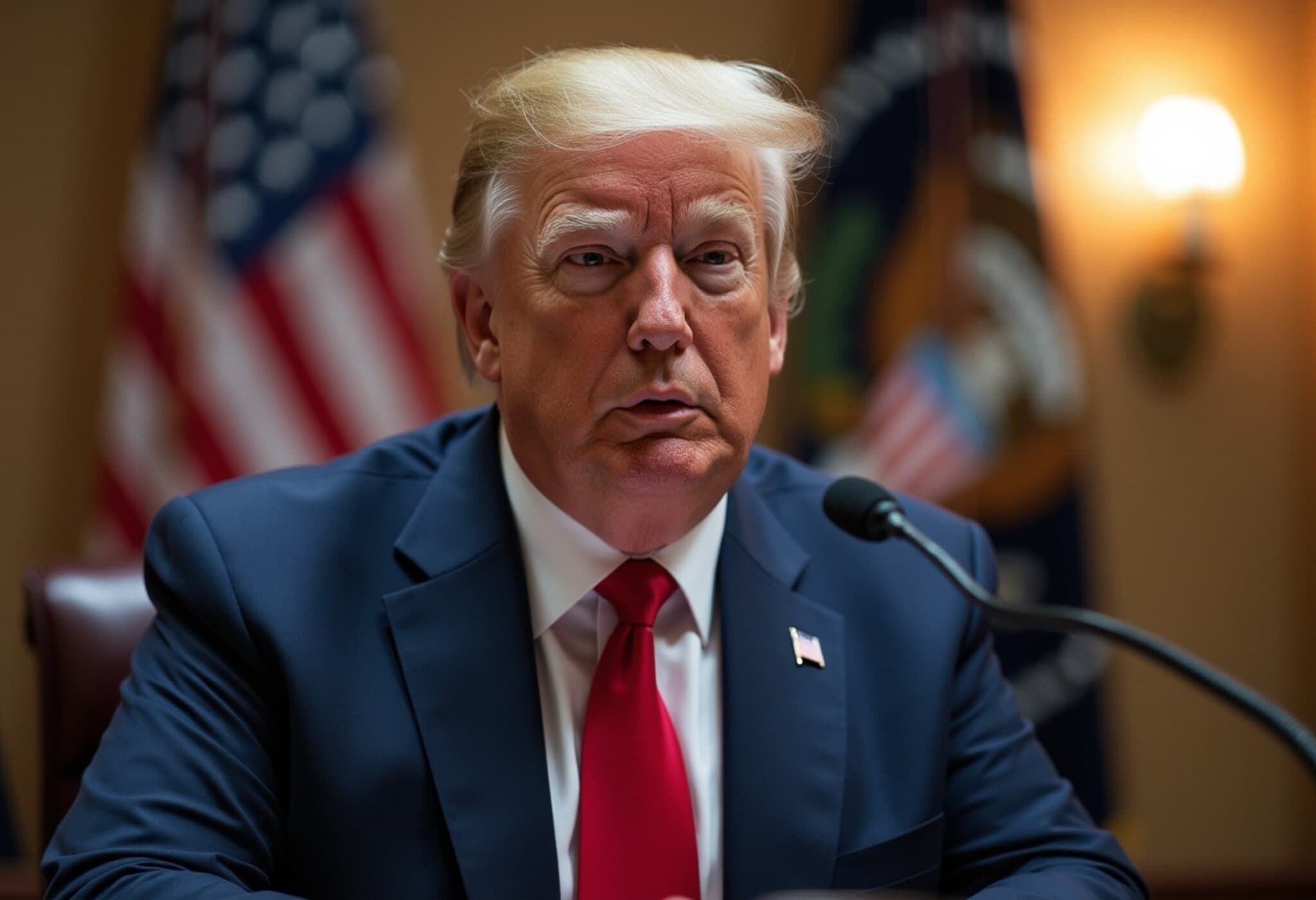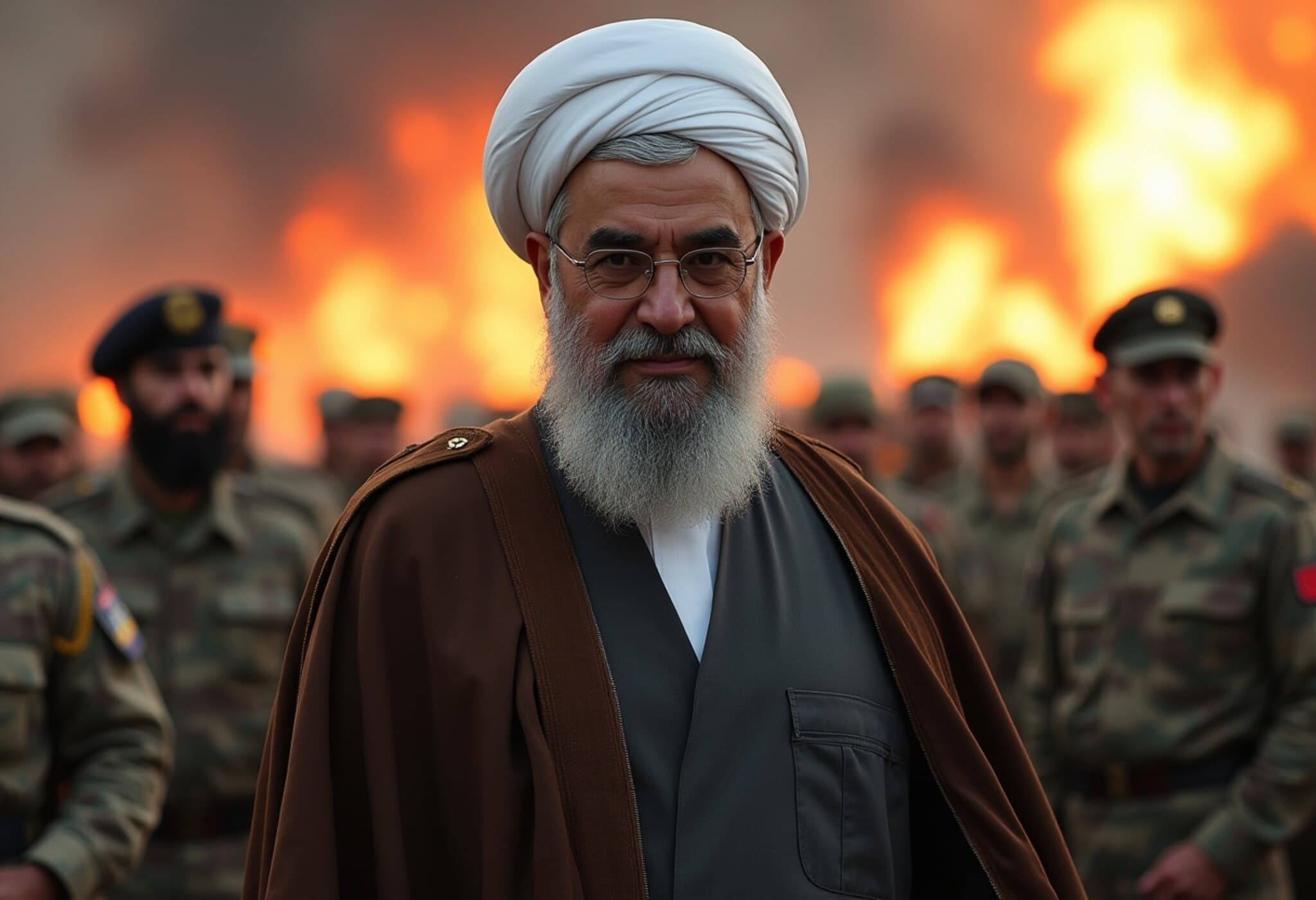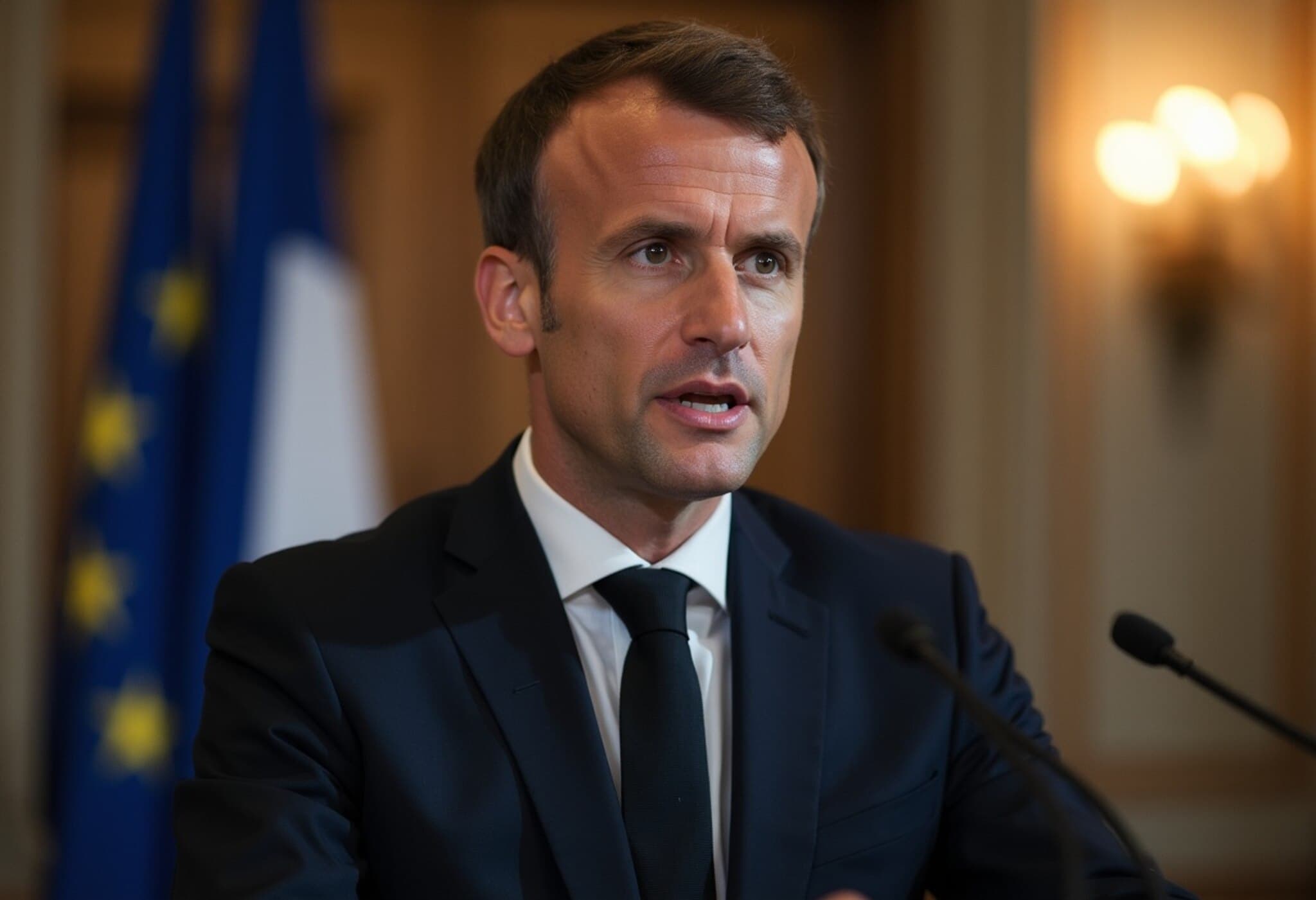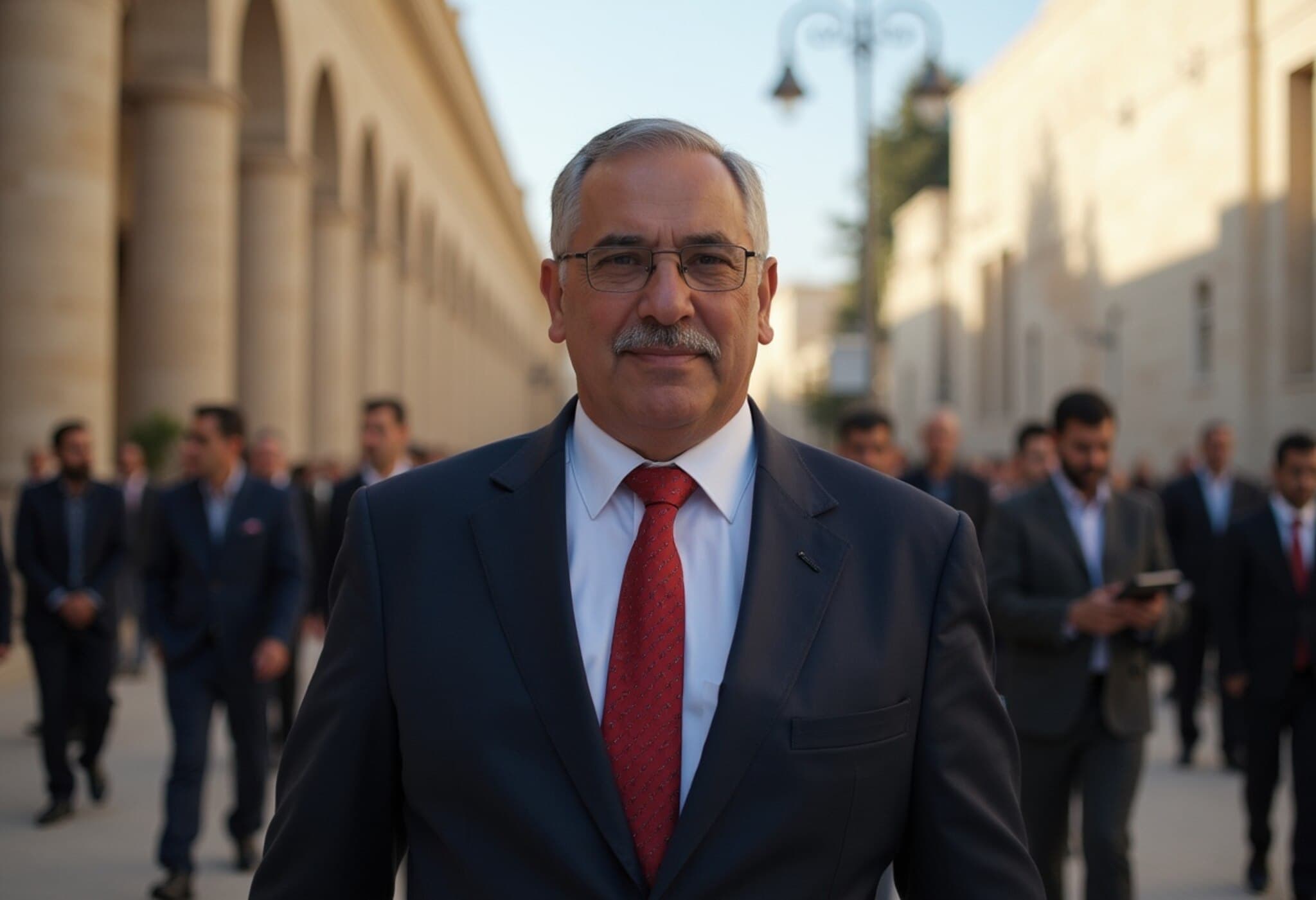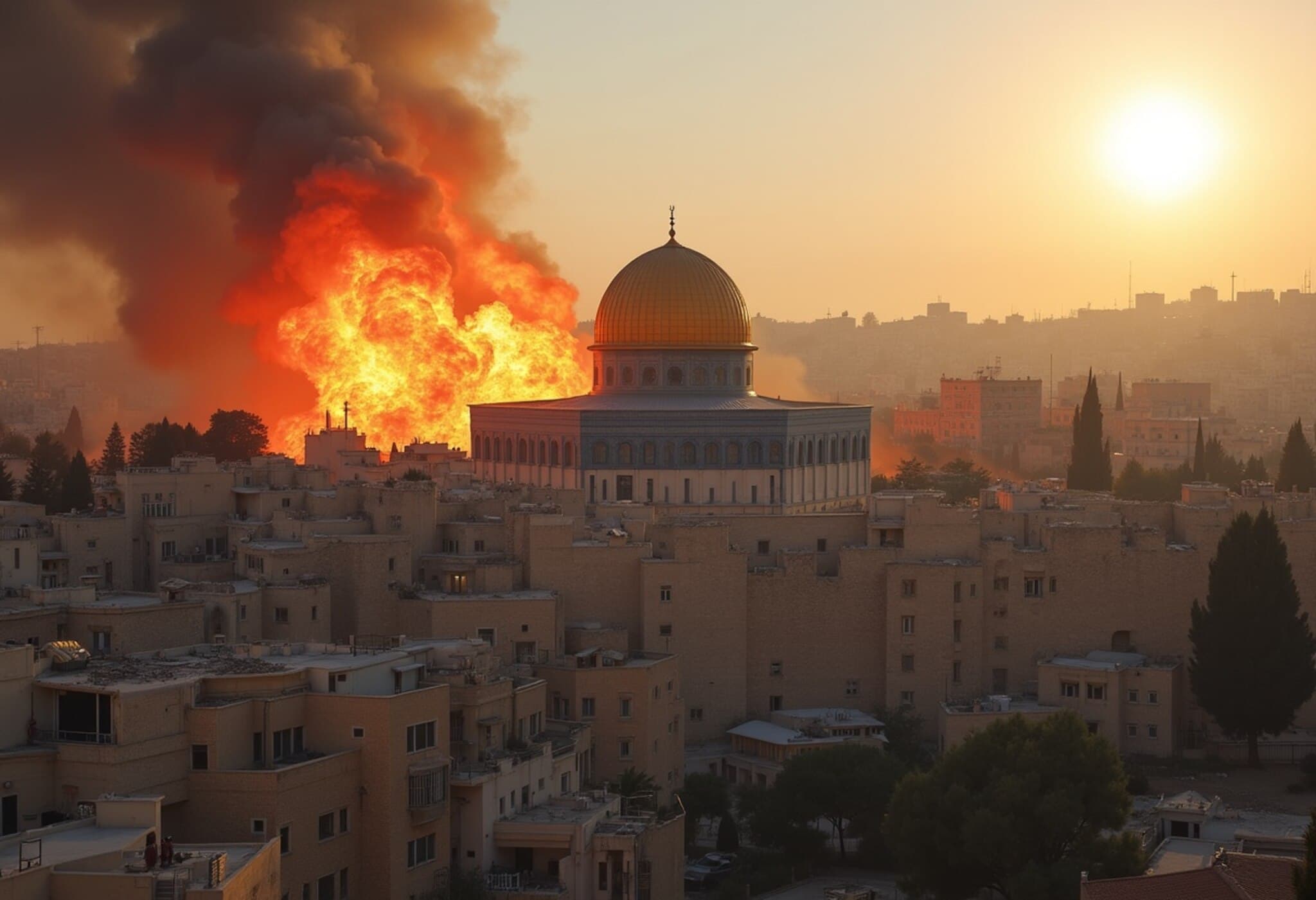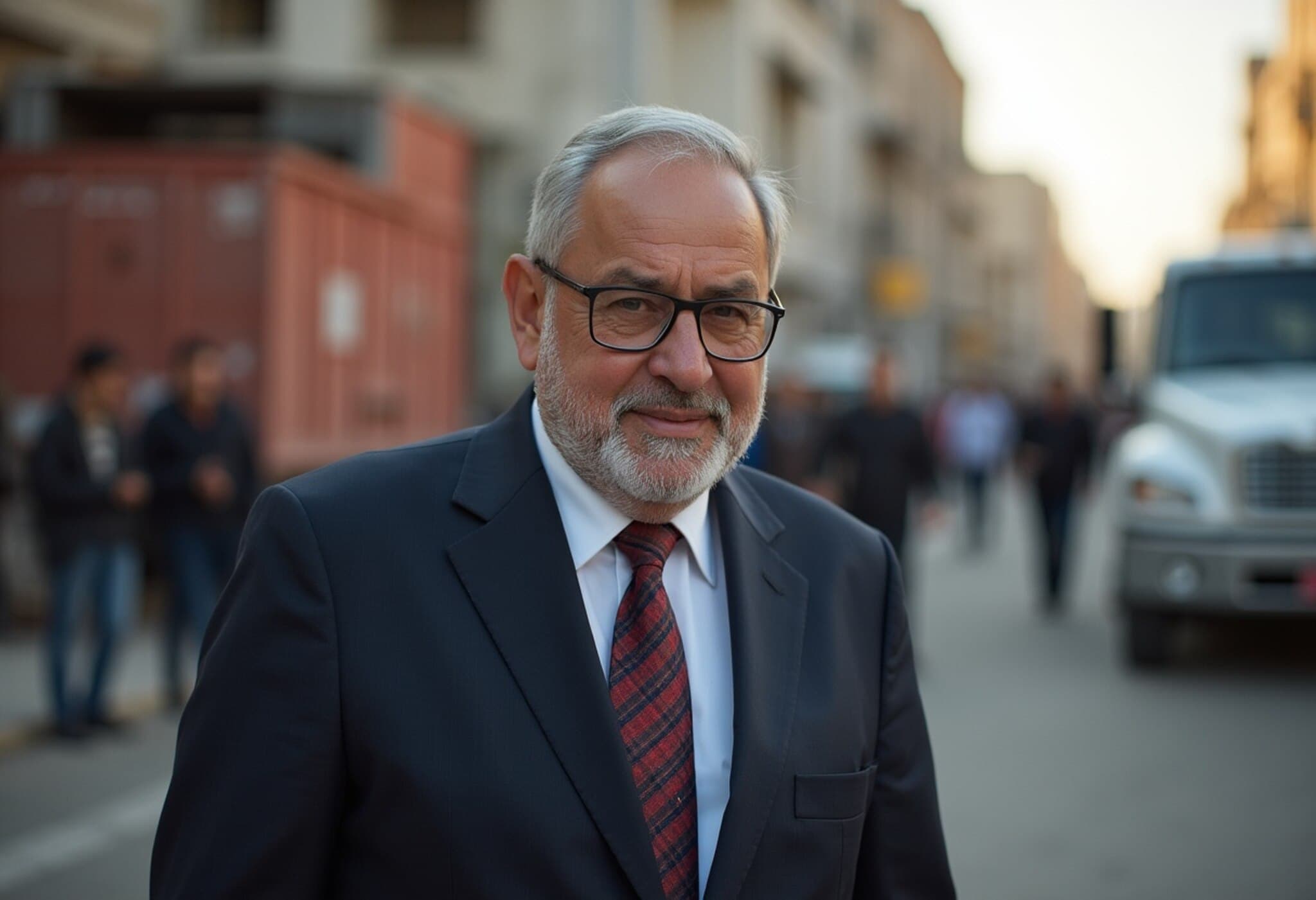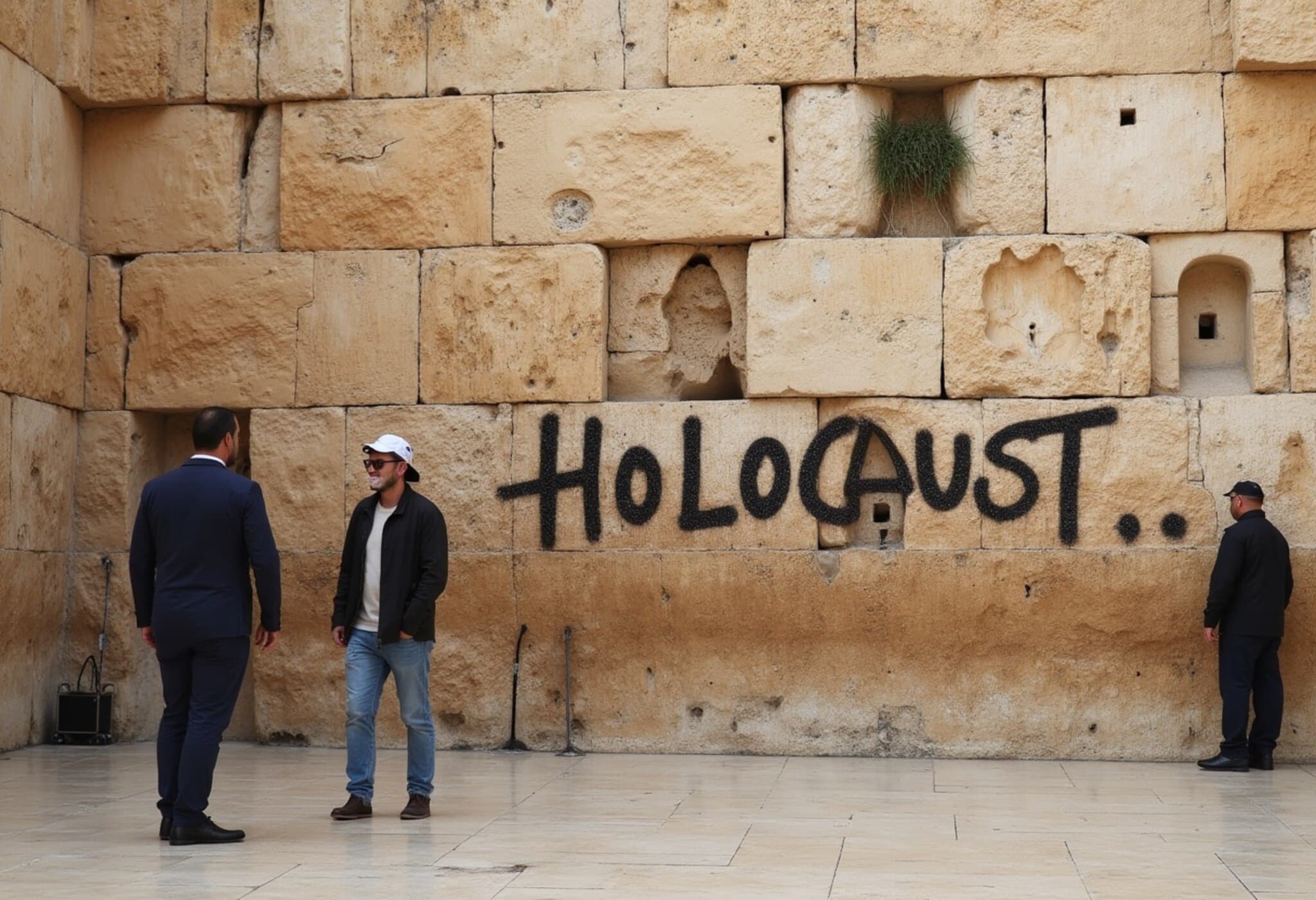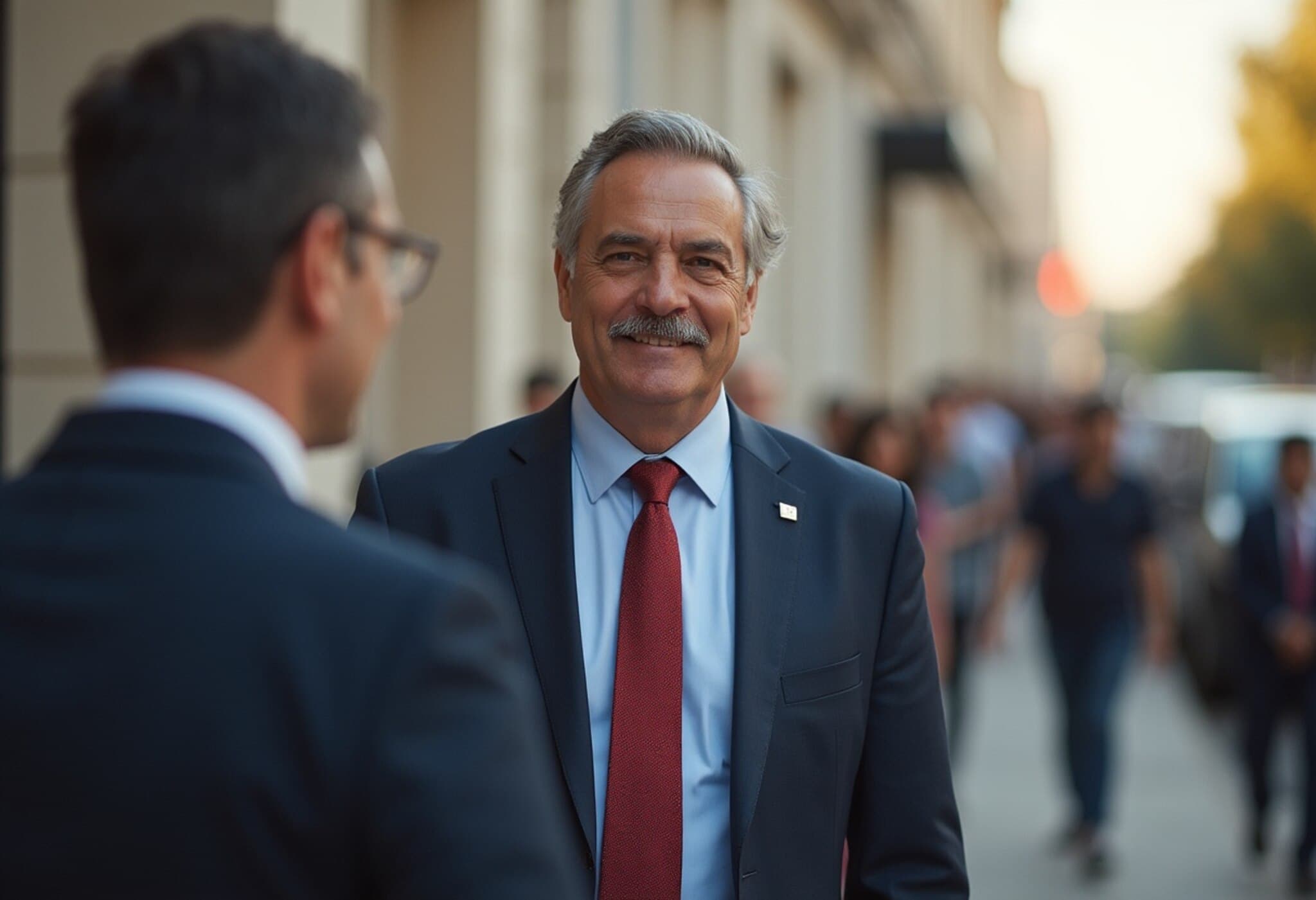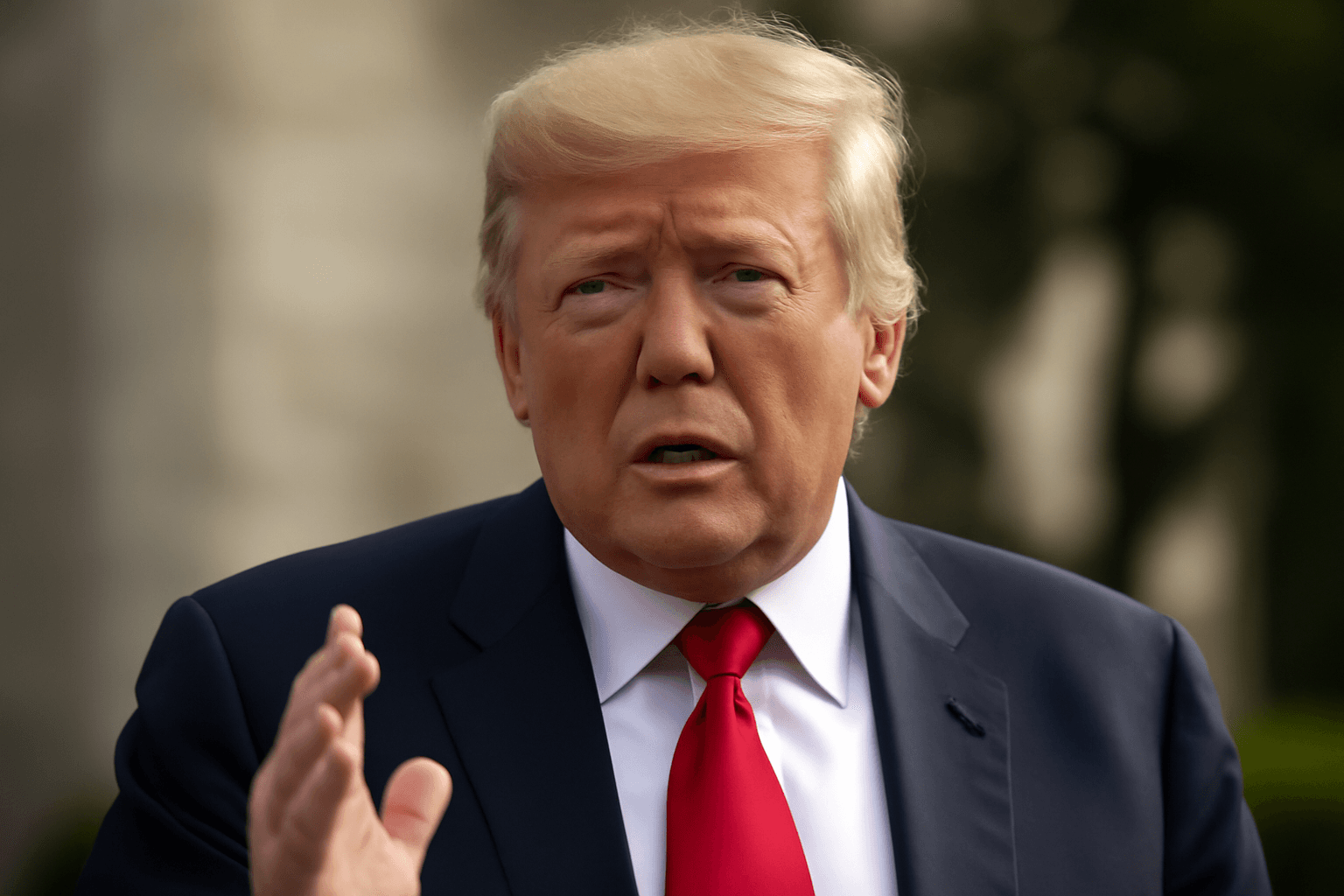Israeli Far-Right Minister’s Prayer at Al-Aqsa Mosque Provokes Strong Backlash
On Sunday, August 3, 2025, Itamar Ben-Gvir, Israel’s far-right National Security Minister, ignited widespread controversy by visiting and praying at the Al-Aqsa Mosque compound in Jerusalem, a site governed by a delicate decades-old “status quo” agreement. This protocol permits Jewish visitors but explicitly forbids them from praying there, and the site is under the custodianship of a Jordanian Islamic trust.
A Bold Gesture Amid a Fragile Status Quo
Ben-Gvir’s visit was accompanied by leading a Jewish prayer group within the compound, along with provocative calls for Israel to declare sovereignty over Gaza. This act was seen by many as a direct challenge to the longstanding understanding aimed at maintaining religious and political balance at one of the Middle East’s most sensitive flashpoints.
Regional and International Outcry
- Palestinian Reaction: Nabil Abu Rudeineh, spokesperson for Palestinian President Mahmoud Abbas, described the minister’s actions as having crossed “all red lines.” He urged the US and the international community to intervene urgently to halt ongoing settler crimes, government provocations, and to facilitate humanitarian aid to Gaza.
- Jordan’s Position: The Jordanian Foreign Ministry condemned the visit severely, branding it a “reprehensible escalation” and an “unacceptable provocation.” Stressing that Israel holds no sovereignty over Al-Aqsa Mosque, Jordan reaffirmed its role as custodian of the site under international law.
- Saudi Arabia’s Concern: Riyadh issued a statement highlighting that such provocative acts by Israeli authorities exacerbate regional tensions, potentially fueling broader conflict across the volatile Middle East.
- Pakistan’s Strong Condemnation: Prime Minister Shehbaz Sharif denounced the incident as a “direct assault on international law” and a sacrilege against Islam’s third holiest site. He warned that these actions push the region toward further instability, threatening prospects for peace.
Understanding the Deeper Implications
The Al-Aqsa Mosque compound, known to Muslims as Al-Haram al-Sharif and to Jews as the Temple Mount, stands at the heart of the Israeli-Palestinian conflict. The site’s status quo arrangement aims to preserve a fragile peace by regulating religious access and prohibiting actions that could inflame sectarian tensions.
Ben-Gvir’s visit breaks from precedent and is widely perceived as a strategic provocation that may deter ongoing peace initiatives. For experts on Middle Eastern politics, this incident underscores the critical risk that inflammatory gestures by political leaders hold: they often unravel delicate diplomatic frameworks and fuel cycles of retaliation.
Expert Commentary
Dr. Miriam Al-Khalili, a Middle East affairs analyst at Georgetown University, explains, “Ben-Gvir’s actions reflect a growing trend among some Israeli political figures to assert unilateral control over contested religious sites. This not only alienates Palestinian and wider Muslim communities but also complicates the work of mediators trying to uphold international agreements.”
Similarly, Jonathan Silverman, a Washington-based policy advisor on Israeli-Palestinian affairs, notes, “The international community’s muted response may embolden further provocations. It is essential for U.S. and global diplomatic efforts to reinforce the status quo and prevent any steps that might spark escalation in an already volatile region.”
What Lies Ahead?
With humanitarian conditions in Gaza deteriorating rapidly, and political tensions escalating, the ramifications of this incident reverberate far beyond the walls of Al-Aqsa Mosque. Observers warn that without firm diplomatic pushback and renewed peace talks, these provocations risk pushing the region toward heightened violence.
As history has repeatedly shown, the status of sacred sites remains a sensitive barometer for broader Israeli-Palestinian relations. Maintaining respect for agreed-upon traditions is key to any hope of long-term peace in Jerusalem and beyond.
Editor’s Note
Itamar Ben-Gvir’s recent prayer at Al-Aqsa Mosque is more than a political stunt; it is a flashpoint that exposes the fragility of historical agreements designed to manage religious coexistence in Jerusalem. While the act sparked international condemnation, it also raises critical questions about how the international community can effectively enforce respect for these delicate arrangements. How can the balance be preserved to avoid escalation, and what diplomatic tools remain available to stakeholders striving for peace? These threads merit close attention as new developments unfold.

